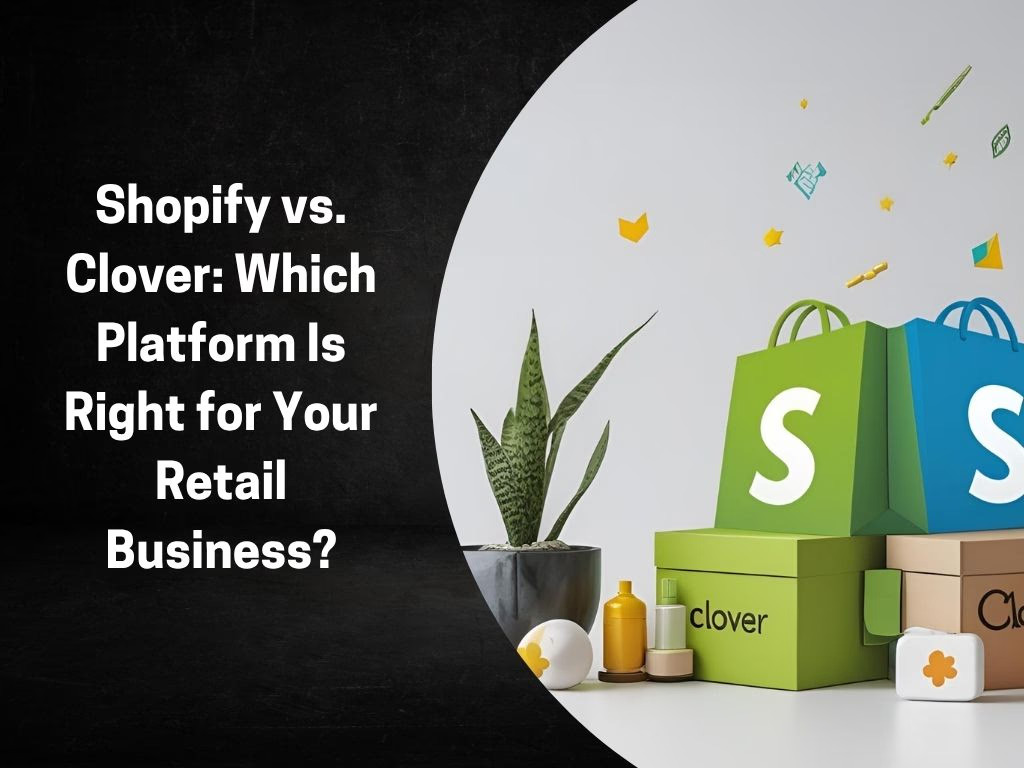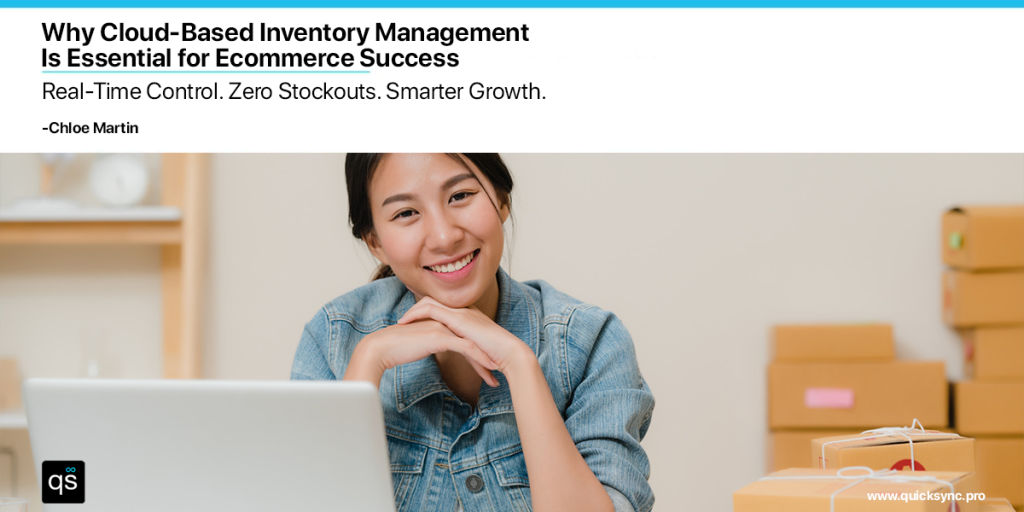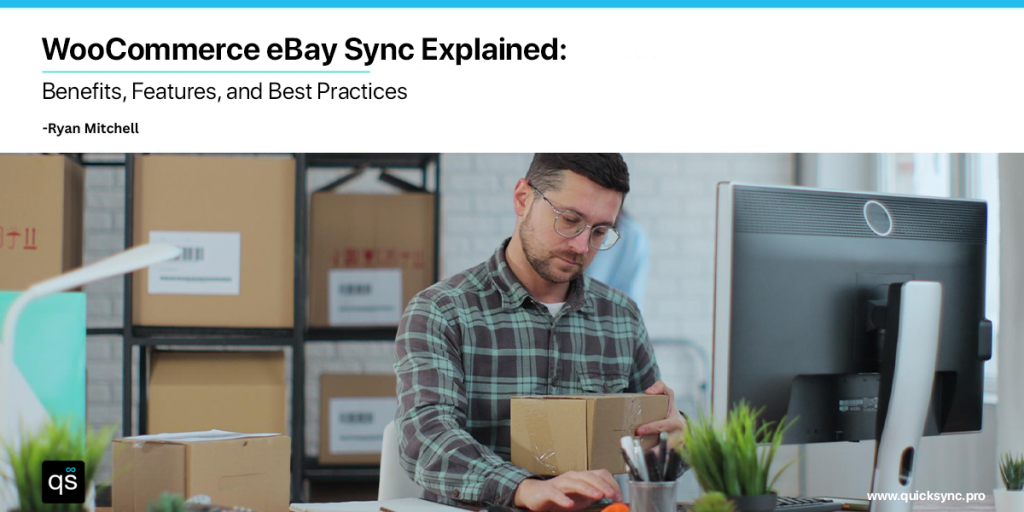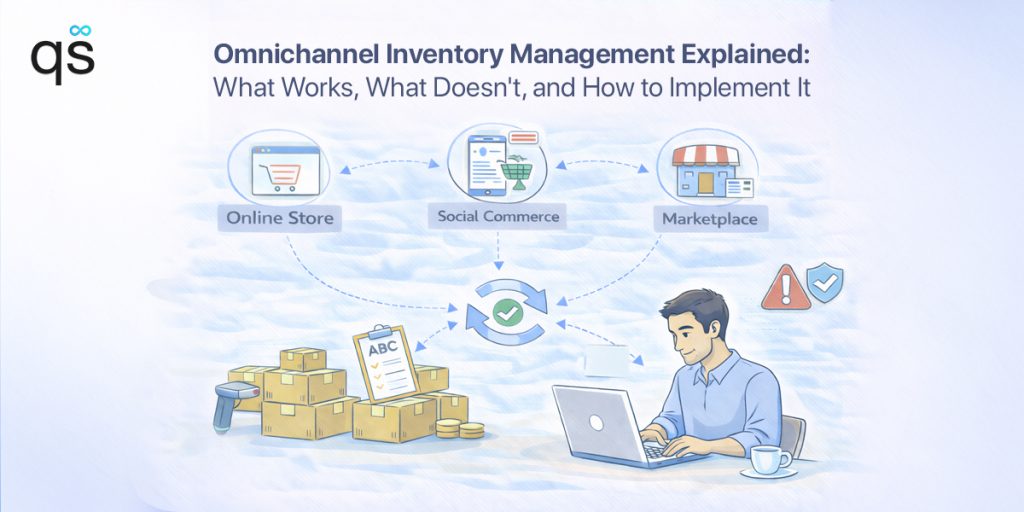Choosing the right POS system can make or break your retail operations. Whether you’re running a busy physical store, building an online empire, or doing both, your choice between Shopify and Clover matters. In this blog, we’ll break down the key differences between Shopify vs. Clover so you can make an informed decision that fits your business type, sales channels, and growth plans.
Let’s dive into a side-by-side comparison and find out which platform is best for your retail business.
What Is Shopify?
Shopify is best known as an ecommerce platform that powers hundreds of thousands of online stores. But it’s also a robust POS system built for physical retail stores, pop-ups, and hybrid businesses.
With the Shopify POS system, you can sell in-store and online while keeping all your inventory management, customer data, and sales channels in sync. The Shopify platform is ideal for retail businesses that want flexibility, seamless integration between online purchases and in-store sales, and access to a large app market.
Key features include:
- Shopify POS and Shopify POS Pro
- Shopify Payments (built-in payment processor)
- Domain hosting and online store builder
- Access to thousands of third-party apps
- Powerful online inventory and customer tracking tools
What Is Clover?
Clover POS is a POS-first system that’s tailored for in-store operations. It’s popular with retail stores, restaurants, salons, and professional service providers that need a simple, hardware-driven solution for accepting credit and debit cards, managing staff, and printing receipts.
The Clover POS system includes a range of hardware options like:
- Clover Station (all-in-one desktop setup)
- Clover Flex (portable device for quick checkouts)
- Receipt printers, barcode scanners, and cash drawers
Clover focuses on ease of use, reliability, and fast checkouts. It’s great for business owners who prioritize in-store performance and want a ready-to-go package with essential features built-in.
Key features include:
- Custom hardware bundles
- Built-in payment processing through Fiserv
- Access to Clover’s App Market
- Table management for restaurants
- Employee permissions and time tracking
Clover vs. Shopify: Feature Comparison
Feature | Shopify | Clover |
|---|---|---|
POS System | Shopify POS & POS Pro | Clover POS & hardware bundles |
eCommerce Capabilities | Best-in-class ecommerce platform | Basic through integrations |
Hardware | Optional Shopify hardware | Full Clover hardware suite |
Inventory Management | Advanced and cloud-based | Good for in-store only |
App Marketplace | Shopify App Store | Clover’s App Market |
Payment Processing | Shopify Payments or third-party | Built-in through Fiserv |
Online Store Integration | Native, seamless | Add-on or third-party integrations |
Monthly Fees | Subscription-based plans | Varies by provider and hardware |
Ideal For | Online businesses & hybrid stores | Brick-and-mortar-focused businesses |
When you compare Shopify POS with Clover, the biggest difference comes down to where and how you sell. Shopify stands out for retailers who sell across multiple sales channels (online, social media, marketplaces, and in-store). Clover offers a more hardware-driven, in-store-first experience that’s great for straightforward retail operations.
Pricing
Understanding the pricing structure is important for any strategic business decision. Here’s a breakdown of what to expect.
Shopify Pricing:
- Monthly fees range from basic to advanced plans
- Additional cost for Shopify POS Pro
- Online transaction and payment processing fees apply (unless you use Shopify Payments)
- Offers a single dashboard for both online and in-store sales
Clover’s Pricing:
- Clover’s pricing is usually bundled with hardware (via banks or resellers)
- Monthly pricing varies depending on features and device
- Payment processing is handled by Fiserv (rates may differ based on your provider)
- Long-term contracts may apply
If you’re trying to optimize operations while keeping monthly fees predictable, Shopify offers a more transparent pricing structure. But if you want a bundled hardware-plus-software option with in-person support, Clover may suit your needs better.
Ease of Use and Setup
Shopify’s ecommerce platform is known for its user-friendly interface, drag-and-drop builder, and easy onboarding—even for non-technical users. You can launch a website, connect your POS, manage inventory, and track online data from one place.
Clover, on the other hand, shines in simplicity for in-store setups. Its hardware is plug-and-play, and you can be up and running in a matter of hours. However, managing online sales with Clover may require extra integrations.
Customer Support and Ecosystem
- Shopify offers 24/7 customer support, an extensive help center, video tutorials, and a large online community.
- Clover’s support varies based on who sold you the system (bank, reseller, or Clover directly). This can sometimes create inconsistency in service.
Both platforms allow business owners to extend functionality using apps—Shopify’s App Store is larger and more ecommerce-focused, while Clover’s App Market leans more toward in-store tools.
Use Cases: When to Choose Shopify vs. Clover
Choose Shopify if you:
- Want to build a scalable online store
- Need strong online inventory and robust inventory management
- Run a hybrid model with in-store sales and online transactions
- Want deep customization and integration with third-party apps
- Sell digital products, online courses, or across global channels
Choose Clover if you:
- Run a physical shop or restaurant with minimal online needs
- Prefer bundled hardware solutions with fewer moving parts
- Want a reliable POS system for in-store returns and checkouts
- Need specialized tools like table management or tip tracking
Final Thoughts: Which Platform Fits Your Business?
At the end of the day, the Shopify vs. Clover debate comes down to how your business operates.
- If your growth depends on online sales, multi-channel strategy, and customizable tech, Shopify’s POS system and ecommerce tools are hard to beat.
- If your focus is in-store efficiency with minimal online presence, Clover POS system is a simple, effective solution that just works.
There’s no one-size-fits-all answer. But by understanding your specific needs—from business performance to customer experience—you can make a confident, informed choice.
Need Help Choosing? Choose Both.
Still not sure which one’s right for you? Try listing your must-have features and long-term goals. Many retail businesses find that testing out demos or speaking to providers directly helps guide the decision.
But here’s some good news: you don’t always have to choose just one.
With QuickSync, you can connect Shopify and Clover—allowing you to enjoy the best of both platforms. Whether you’re using Clover POS for fast and reliable in-store sales, or leveraging Shopify’s ecommerce platform to drive online purchases, QuickSync helps you sync inventory, orders, and customer data across both systems.
That means less manual work, fewer errors, and a seamless experience across all your sales channels.



